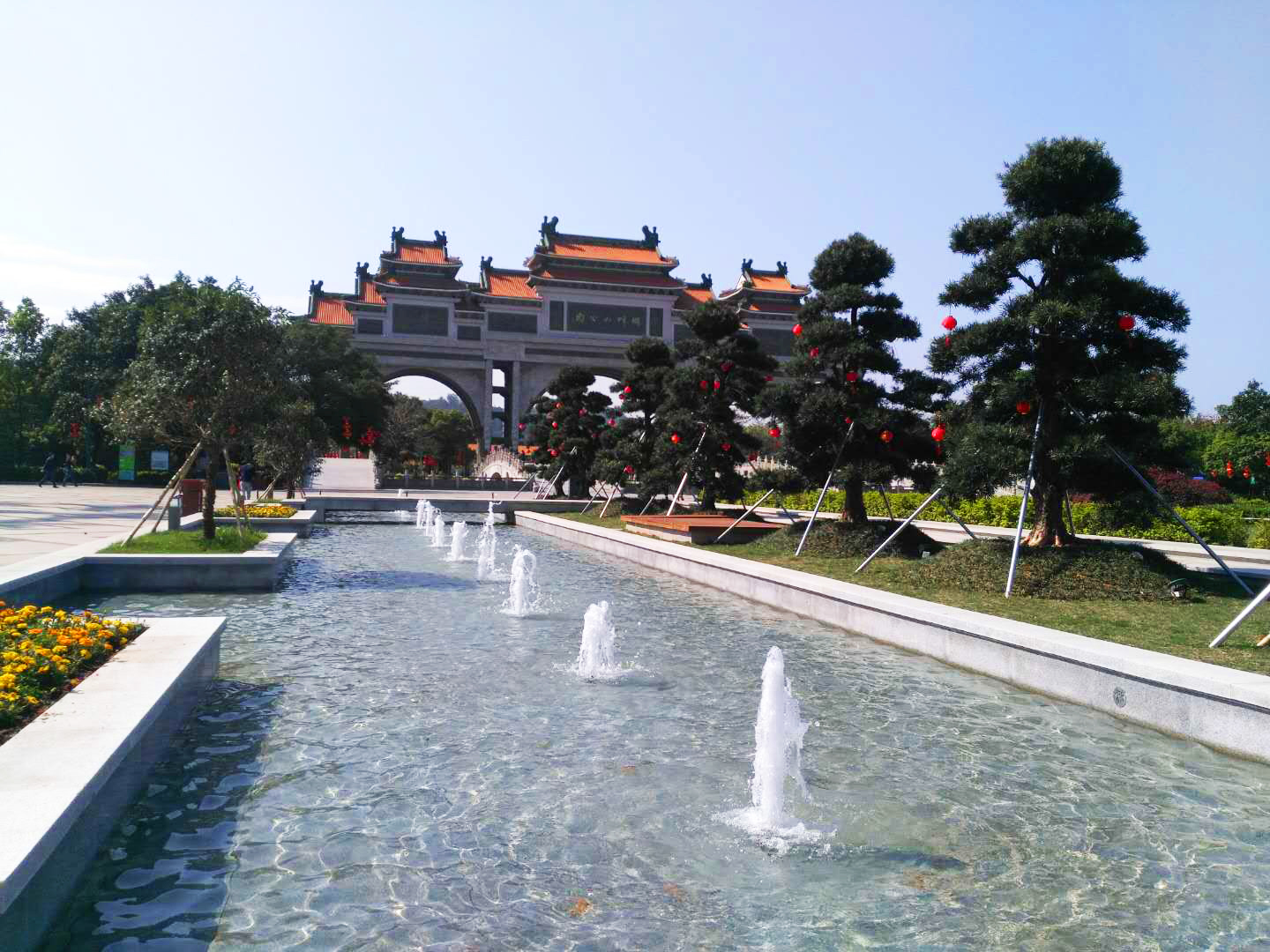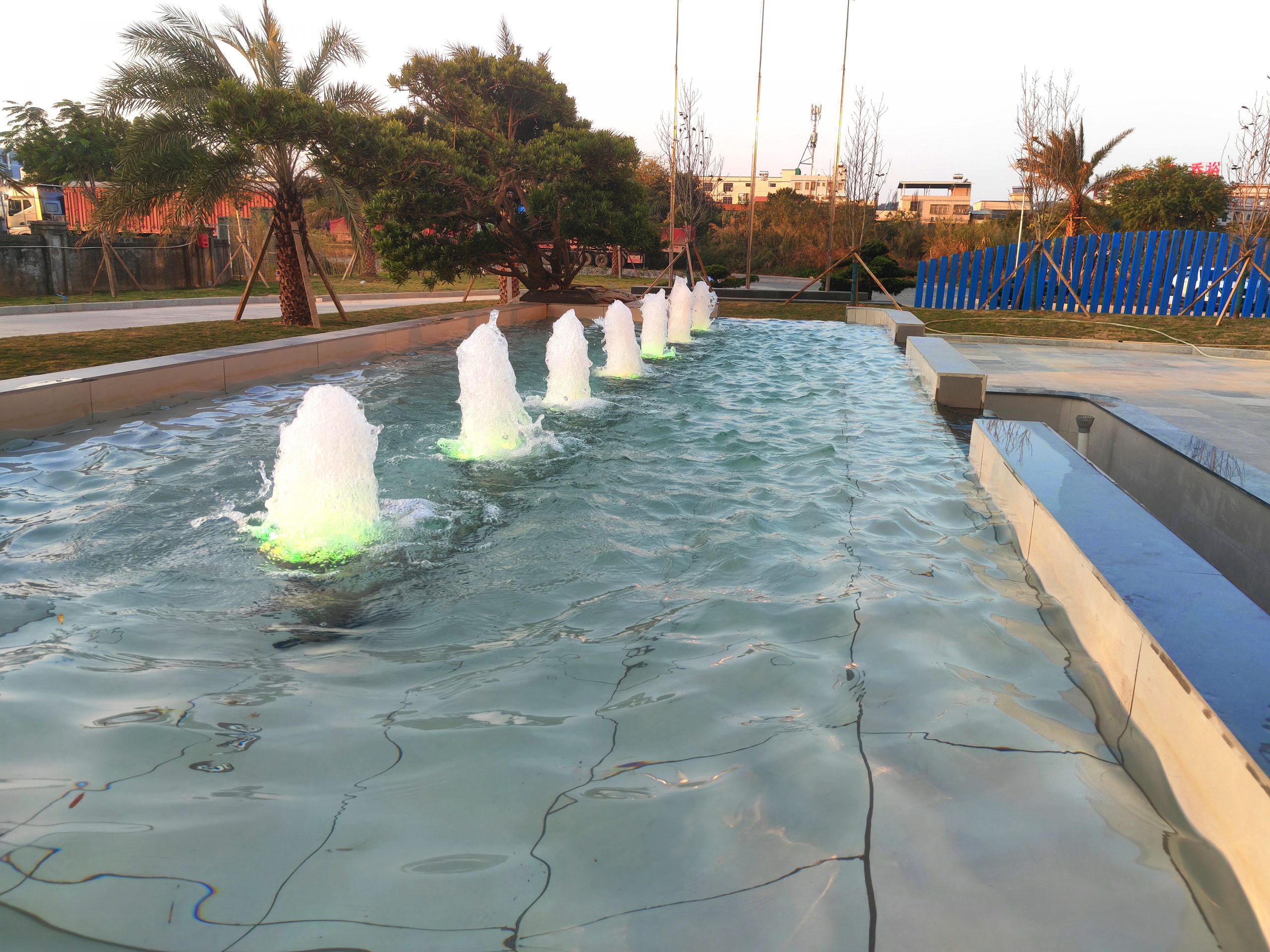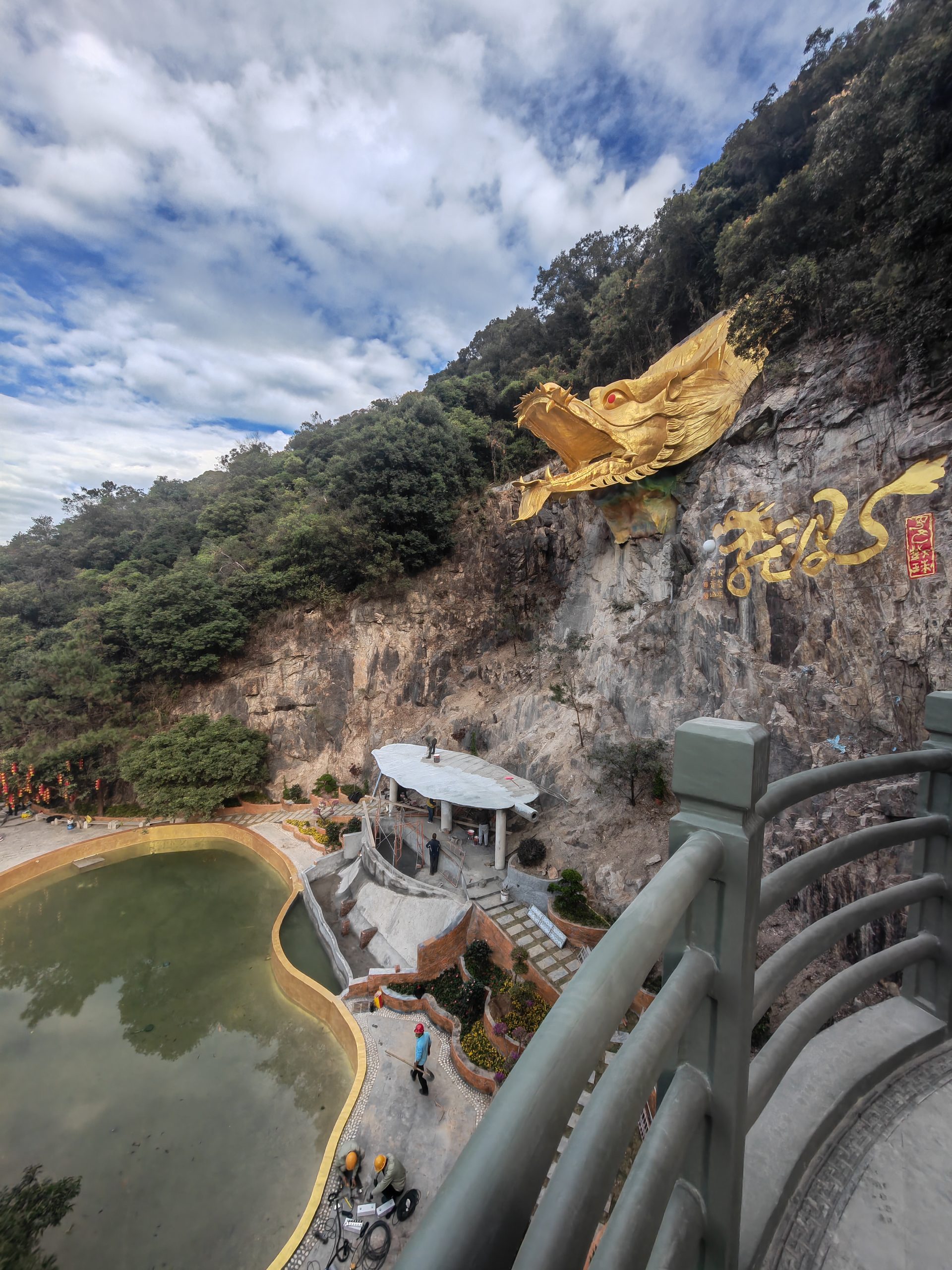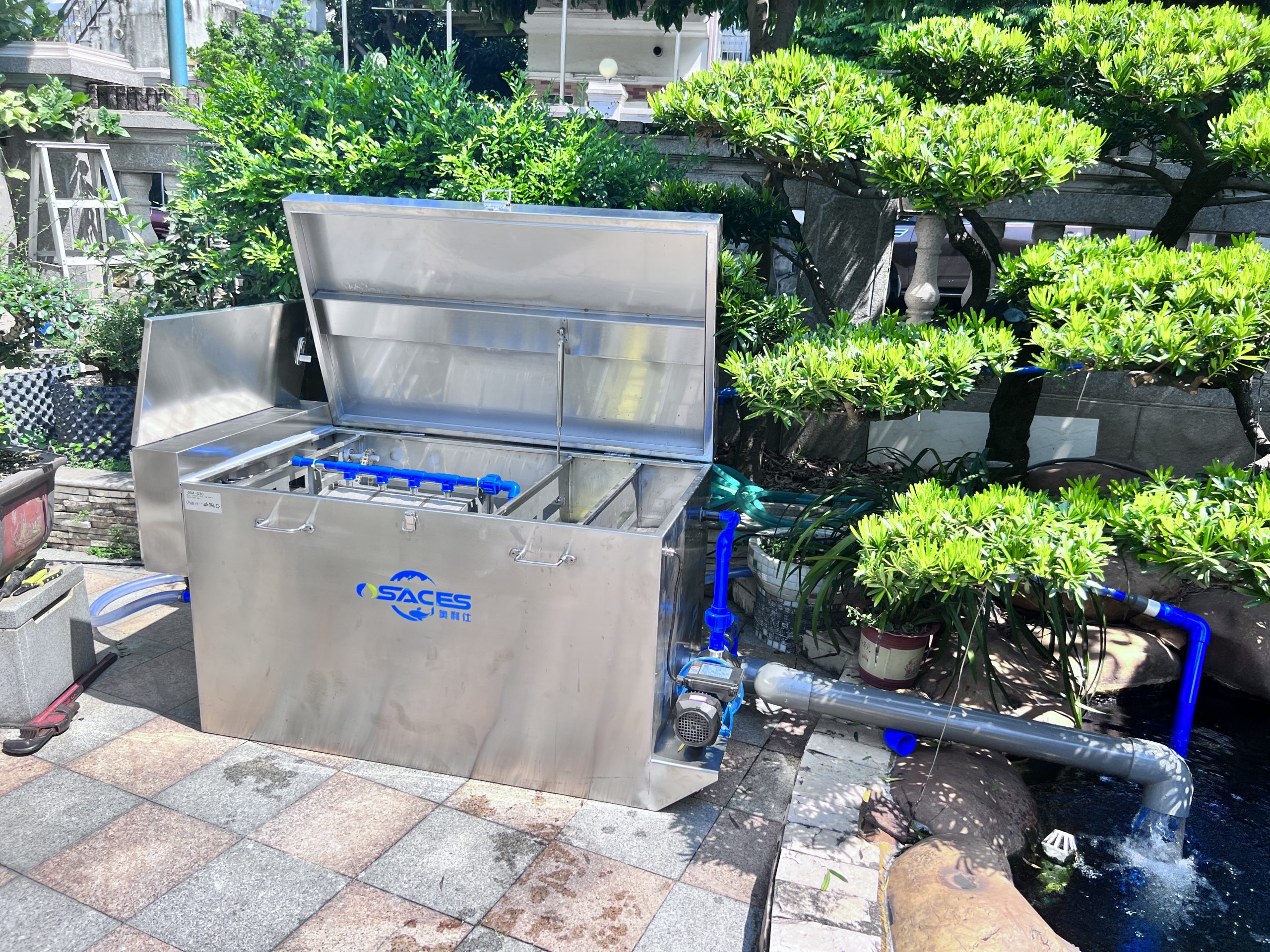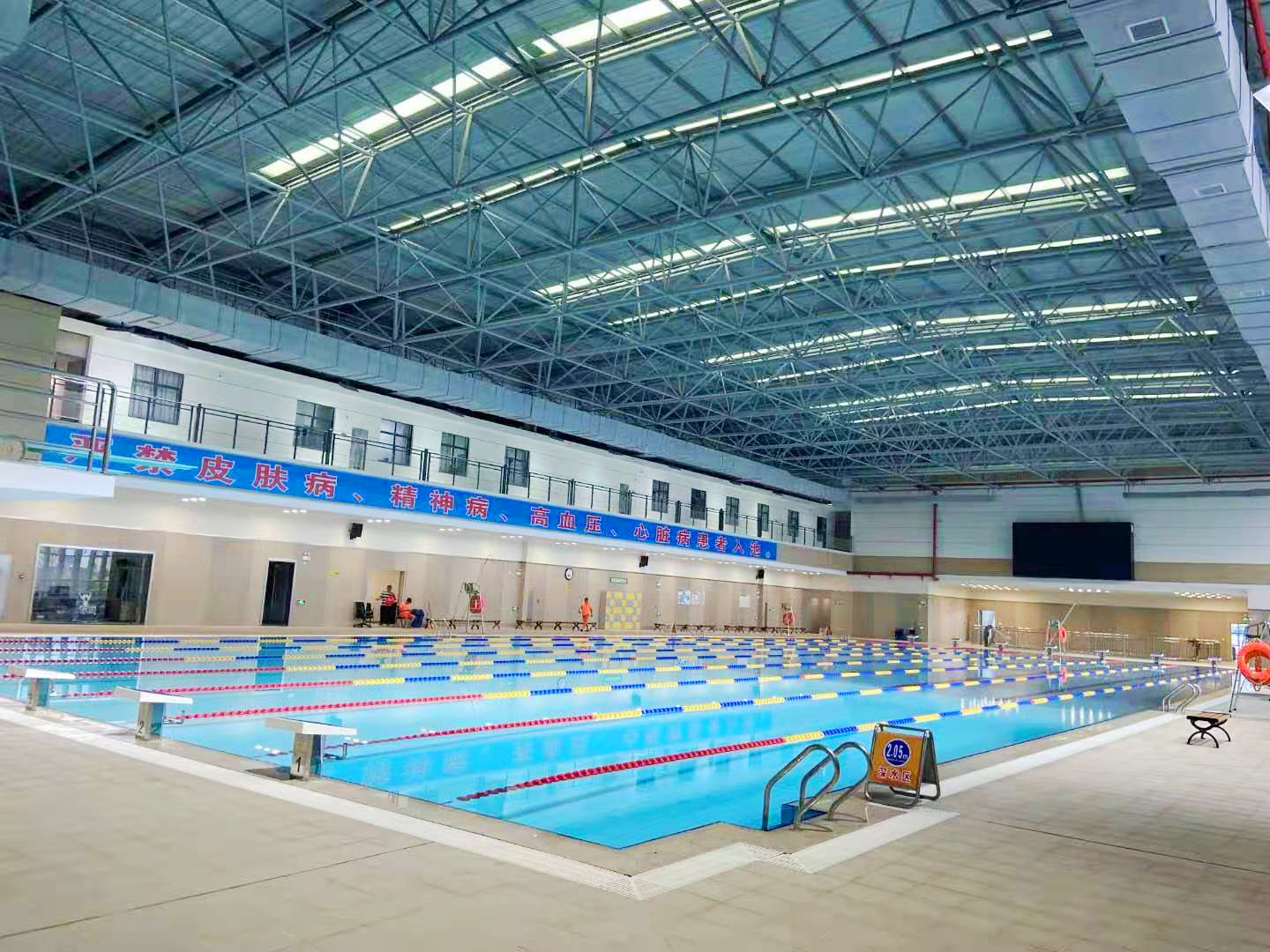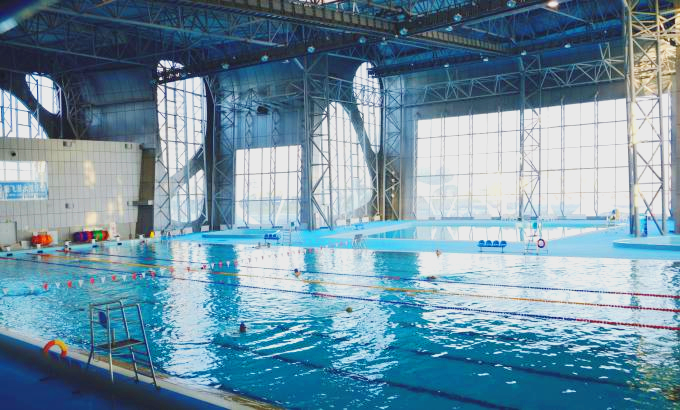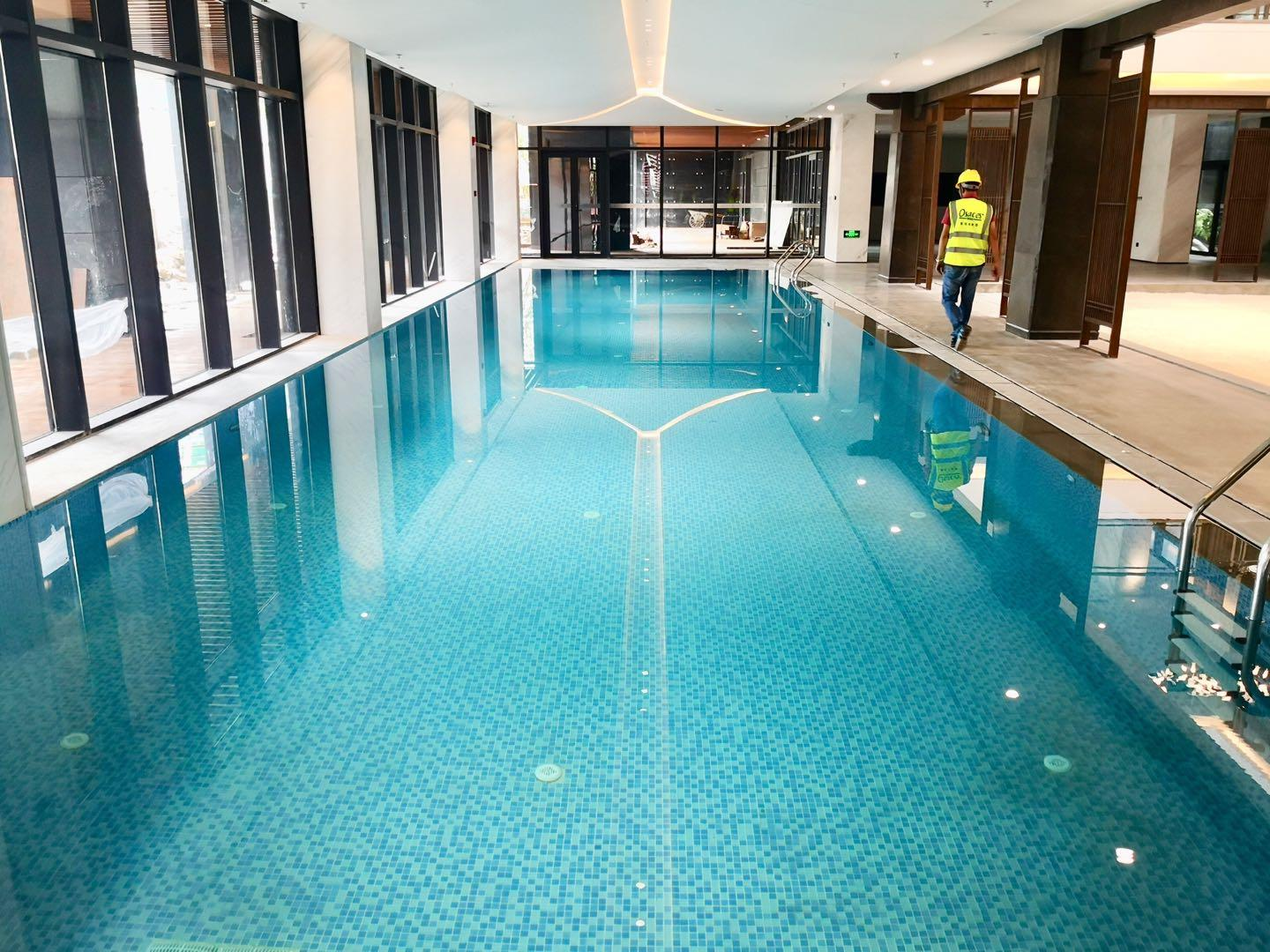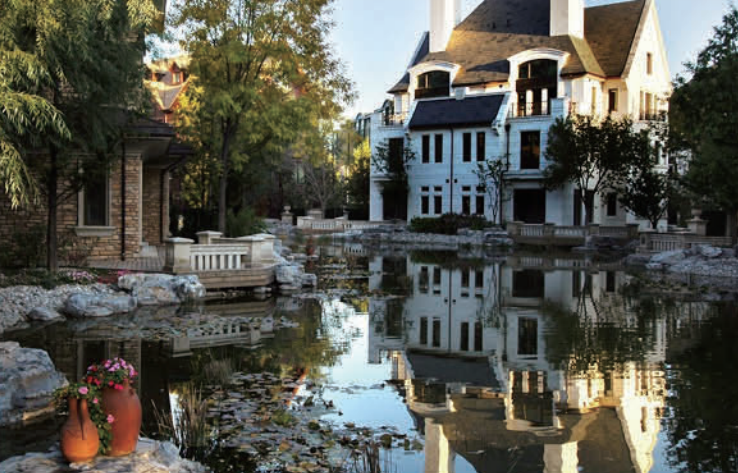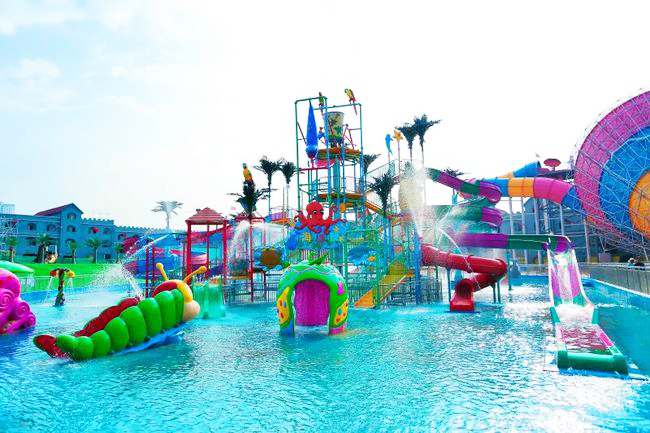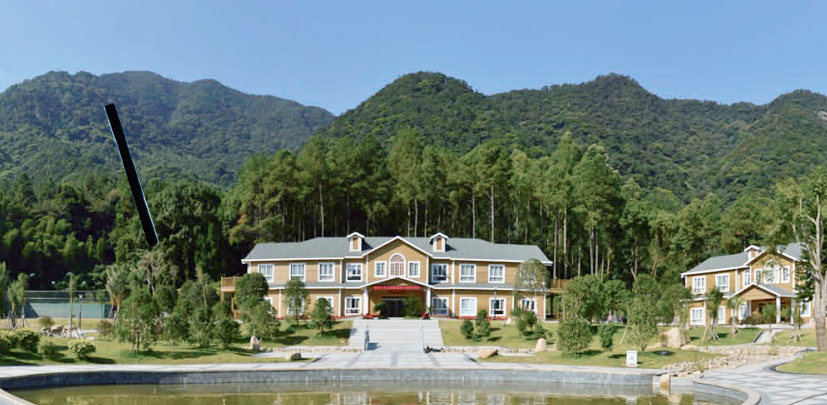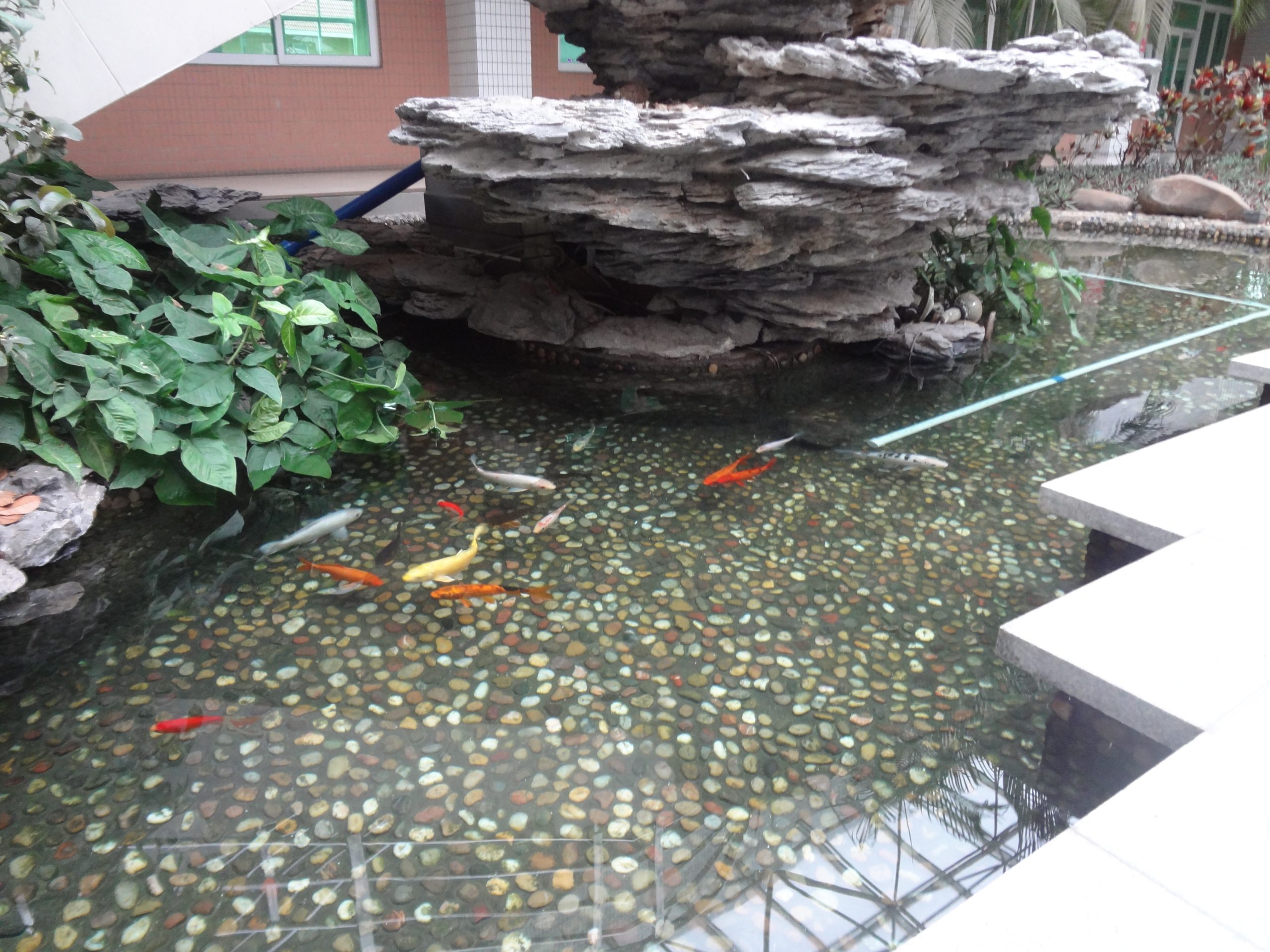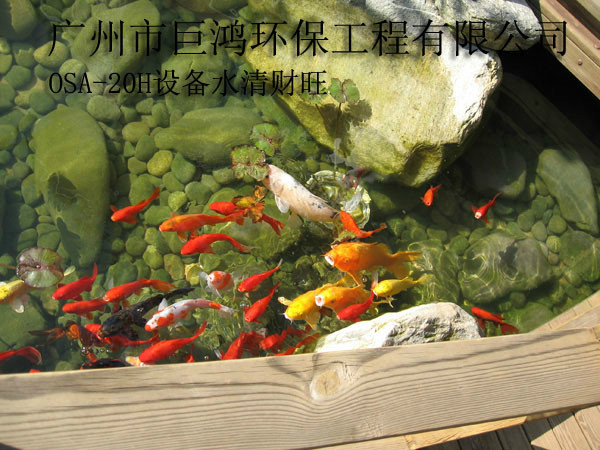common problems
contact details
 Ollies (Guangzhou) Recreation and Sports Equipment Co.
Ollies (Guangzhou) Recreation and Sports Equipment Co.Tel: (020) 82686289
Fax: 020-82694853
Headquarter: No.31-37, Xincun 2 Road, Shangjiang North Street, Dongzhou Village, Xintang Town, Zengcheng City, Guangzhou, Guangdong, China
What kind of water is good for fish? Talking more about green water for fish
In addition to tap water, well water, rainwater and purified water are also options. These water sources are free from pollutants such as chlorine and heavy metals, but like tap water, they may lack some minerals and trace elements that are beneficial to fish. Therefore, when using these water sources, it is important to regulate the water quality in advance, including the pH level and microbial ecological balance.

Then some people say, "I just use tap water to raise fish after tanning, how did the fish regroup?
--Obviously, these are just water sources for fish farming, the so-called "fish first water", fish ponds before the fish to raise water, that is, the establishment of the nitrogen cycle in the fish pond, through a series of biochemical reactions, the toxic ammonia excreted by the fish into a relatively low harm of nitrate. This is an important mechanism to ensure stable and clean water quality, and this process can be accomplished through biochemical filtration in the fish pond filtration system.
How to judge whether the water is good for fish farming? From the naked eye looks clear, transparent, bright may not necessarily be a pool of good water, but this is the minimum requirements to be achieved and the naked eye to judge the standard, as for the naked eye can not be seen on the need to be attentive, adjust the amount of dissolved oxygen, PH, water temperature, etc., and attentively create a healthy and comfortable water environment for fish. There is no best, only better, the water is good, the fish will naturally be good.

Green water fish farming is a favorite practice of some fish lovers, but it should be noted that the green water mentioned here is tender green water, due to the large amount of vitamins and carotenoids in the green water, the content of proteins, fats, etc. is also high, which plays a very important role in the growth of koi as well as their body shape.
Chlorella (commonly known as green algae) is an organism that flourished on Earth 540 million years ago. They live in fresh water, with the help of sunlight, water and carbon dioxide, with every 20 hours to divide four cells of the vigorous reproduction ability, non-stop conversion of the sun's energy to generate a variety of nutrients containing algae, and in the value-added to release a large amount of oxygen, and its photosynthetic capacity is more than 10 times higher than that of other plants.

Chlorella grows most rapidly in water that contains more organic matter and can form dominant species because the organic matter is broken down by bacteria into ammonia and eventually nitrates, which are the food source for chlorella. They will continue to divide when food is plentiful and there is enough light, causing the water to suddenly turn green within a day. The main thing that limits the growth of Chlorella is the ratio between nitrogen and phosphorus, and it grows fastest when their ratio reaches 7.1 to 3.0.
Eliminate the cure for green water:
1, the establishment of a perfect fish pond filtration system, including strengthening physical filtration, timely filtering out fish excreta and residual bait, regular cleaning of the filter material to reduce the chance of organic matter being decomposed into ammonia and phosphate. At the same time, efficient biochemical filtration can decompose ammonia, nitrite and other harmful substances in time.
2. Reduce the source of organic matter. This includes reducing the stocking density of koi and rational feeding.
3, the light should be appropriate. Chlorella in strong light will color strong photosynthesis, rapid growth. In addition to the lighting time is too long, will certainly erupt green water, especially direct sunlight to the place.
Eliminate the green water cure:
1, with germicidal lamps: UV germicidal lamps can destroy biological DNA, can be sterilized can also eliminate algae, you can use it to eliminate single-cell chlorella in the water.
2, salinity control: Chlorella is a narrow salt organisms, very sensitive to the increase in salinity, so adding salt to the water is very helpful in green water elimination.

Related content
- From zero to professional: a complete guide to pool equipment configuration that even a beginner can understand
- The Golden Ratio of Swimming Pool Ventilation and Dehumidification Systems: The Balancing Act of Airflow, Humidity and Energy Consumption
- Specific benefits of dehumidifiers for new swimming pools
- Industrial solutions for fish pond water quality management: How to break through the bottleneck of traditional operation and maintenance of filtration systems?
- Theoretical and empirical study on the design of fish pond filtration system with ultra-volumetric capacity.
- Fish Pond Filter Professional Maintenance Guide
- Reveal the password of the top fish pond filtration: filter media layering golden ratio + anaerobic / aerobic area with strategy
- Fish Pond Cleaning|Physical + biochemical filtration double maintenance, 30 minutes to restore the ecological balance of water quality!
